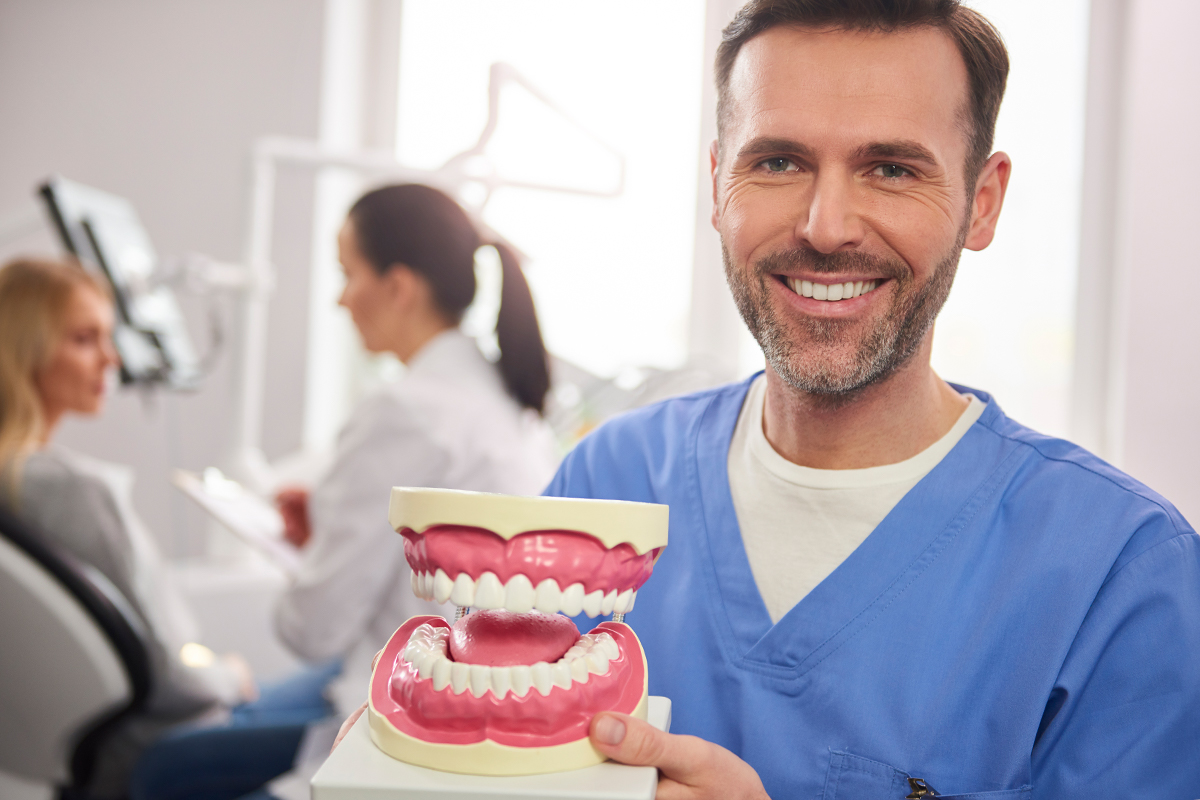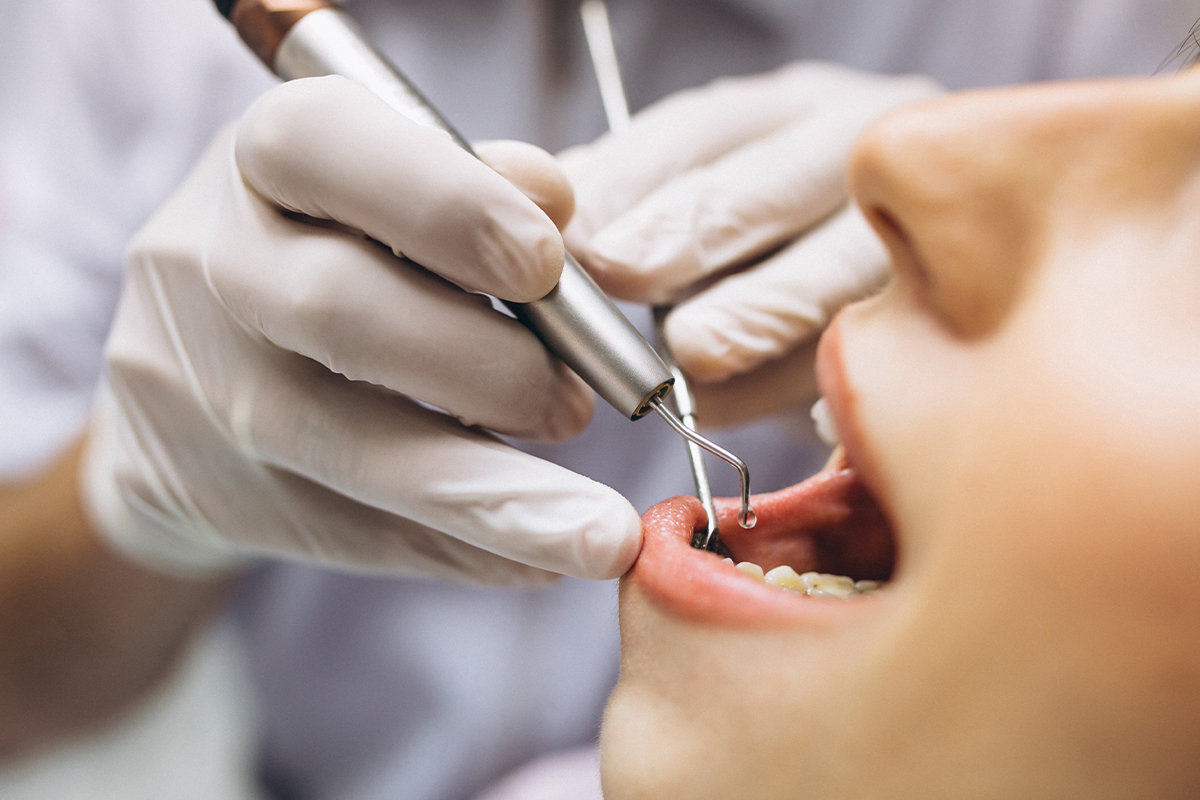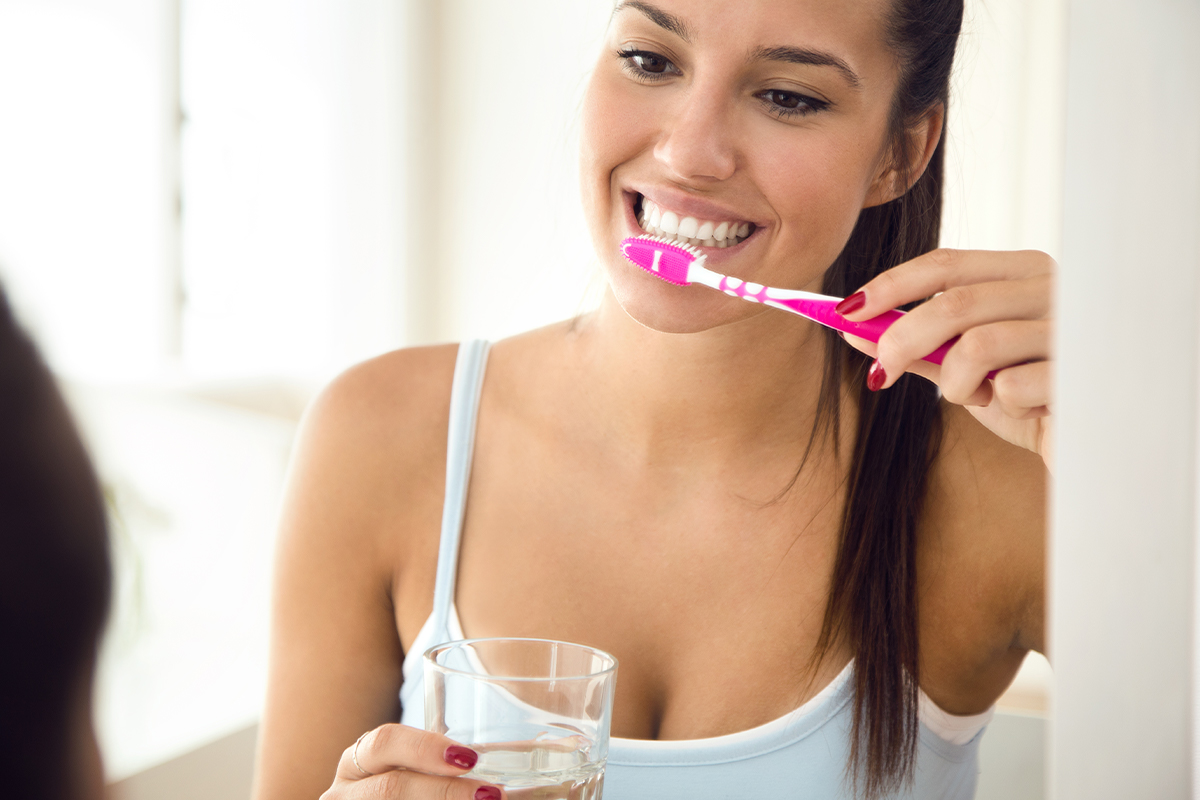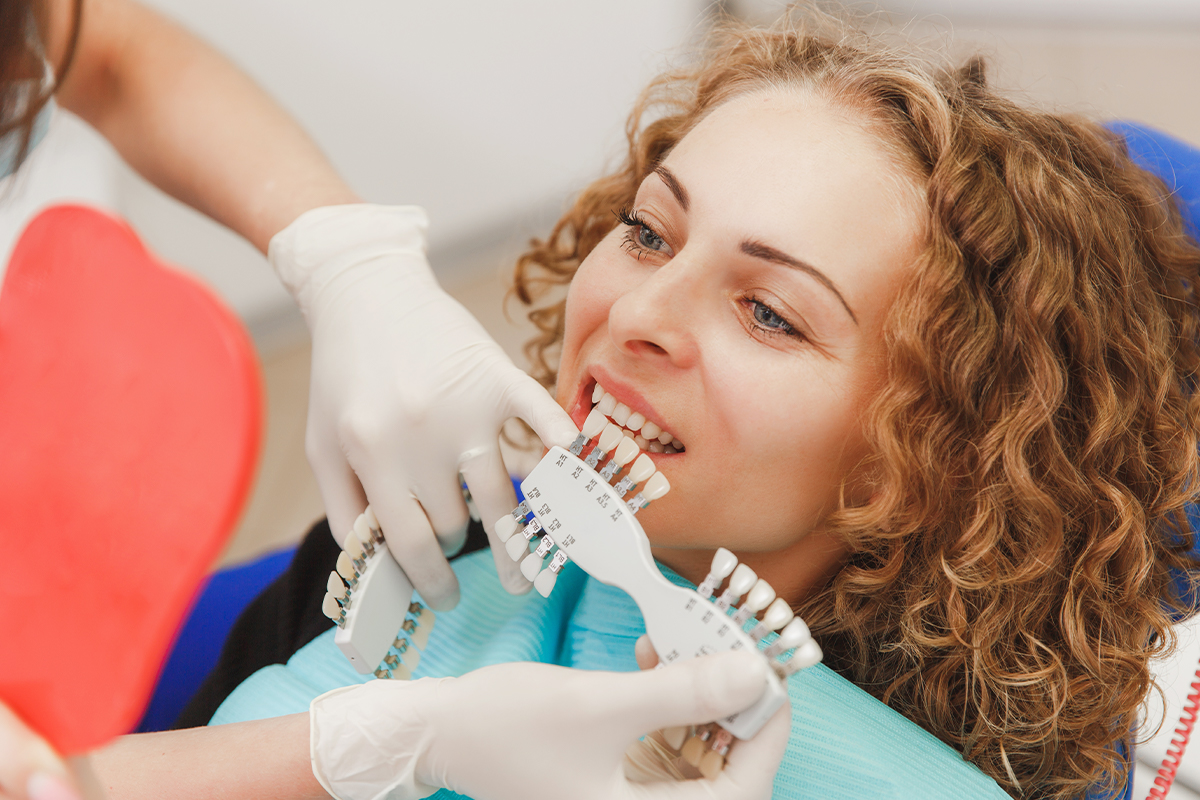For all pregnant women or those planning to become pregnant in the near future - we are sure that you and those around you are asking questions about maintaining dental health during pregnancy.
We have answers for you.
Good oral hygiene, a healthy diet, and regular dental check-ups are essential for both the expectant mother and the baby. With guidance from your dentist, the health of your teeth and gums will depend solely on your oral hygiene and dietary habits.
"Every pregnancy, one tooth less"
Have you heard the saying "Every pregnancy, one tooth less"? This saying arises from the assumption that the baby starts drawing the necessary calcium from the mother's teeth during pregnancy. If there is not enough calcium available for the baby, it is compensated by taking it from the mother's bones, not her teeth.
However, potential problems with dental health during pregnancy can occur due to improper oral hygiene and hormonal imbalances. Pregnancy alters hormone levels, which can lead to increased tooth and gum sensitivity to bacteria.
Elevated levels of progesterone and estrogen increase blood flow to the gums, making the pregnant woman more susceptible to cavities. The gum tissue becomes slightly swollen and sensitive, making it easier for dental plaque to form if oral health is not adequately maintained, providing an ideal environment for bacterial growth and gingivitis.
Nausea is an enemy of teeth during pregnancy
A large number of pregnant women struggle with nausea and vomiting in the first trimester of pregnancy. Did you know that these symptoms can also be harmful to your teeth?
Nausea, reflux, and frequent vomiting reduce the pH of the oral cavity and increase the amount of acid that is harmful to the teeth and enamel. However, acid combined with toothbrushing can further damage the tooth enamel. Therefore, it is best to rinse your mouth with water first and delay toothbrushing for at least an hour.
Proper nutrition is key to maintaining healthy teeth
Certainly, proper and balanced nutrition is important for both your baby and your body and oral health. A diverse diet that includes fruits and vegetables, dairy products, and grains is key to a balanced diet, as well as regular consumption of water, especially between meals.
Visiting the dentist, even when nothing hurts, is important for everyone - men, women, pregnant women, and children. The same goes for pregnancy. Dental check-ups and treatments are safe for most pregnant women. Make sure to inform your dentist that you are pregnant, and they will certainly avoid any procedures that could harm you or your baby in any way.






